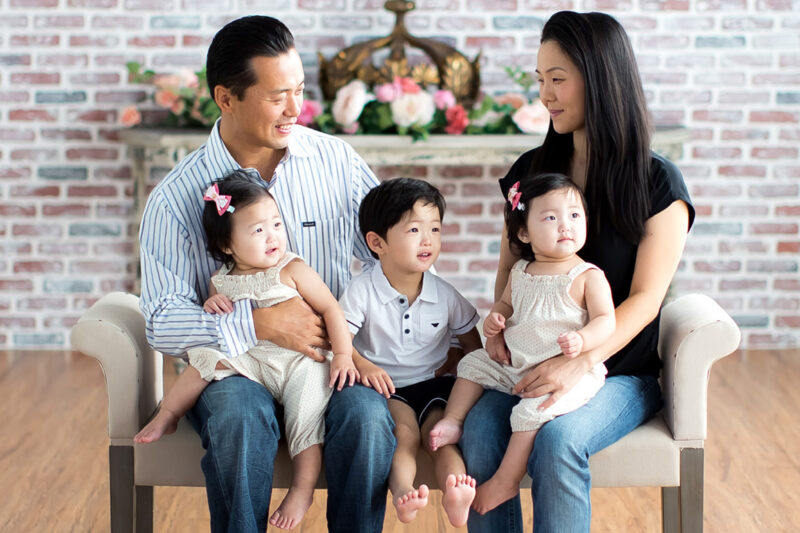
Today the Supreme Court will hear Jennings v. Rodriguez, a case that will decide the fate of thousands of men and women locked up in immigration prisons across the country. The federal government is challenging a 2015 Ninth Circuit ruling, in which the American Civil Liberties Union secured the right to a bond hearing for people in deportation proceedings after six months of detention.
Bond hearings allow people to go before a judge so that he or she can decide if imprisonment is necessary, weighing factors like public safety and flight risk. It's basic due process. Bond hearings are a vital check on our country’s rapidly-expanding immigration system. I’ve seen their power firsthand, because not too long ago, I was one of the people locked up.
In February 2013, I was driving with my one-year-old son when we were stopped by an immigration officer. He said that I hadn’t used my turn signal when changing lanes and asked to see my identification. When he came back to the car, he asked if I had ever been convicted of a crime.
I answered truthfully. More than a decade ago, when I was in my early 20s, I was convicted of marijuana possession with intent to sell. I had served a short sentence and had remained out of trouble since. Still the officers said that I needed to go with them and that I would have to explain “my situation” to a judge. I was shackled and put in the back of the car while one of the officers got into my car to drive my son home.
I thought there had to be some kind of mistake. Around two weeks earlier, my wife Sarah had given birth to our identical twin daughters. My life at the time was full, growing, and completely rooted in the United States.
I was processed in Los Angeles and then transferred to the Adelanto Detention Facility in Adelanto, California, where I learned that the U.S. government wanted to deport me even though I was a legal permanent resident. My family moved to the United States from South Korea when I was six years old. I grew up in Buena Park, California and went to local public schools. For college, I studied information technology in Newport Beach, where I met Sarah through mutual friends. We got married, started a family, and ran a shipping and logistics business together. I went from having a routine day to being locked up, fighting for my right to stay in the country that I knew as mine, within a matter of hours.
When I was booked into custody, an officer told me that my drug conviction meant that my detention was “mandatory.” Nobody had ever told me that pleading guilty on a drug charge could have implications for my immigration status. I petitioned a court to vacate the marijuana conviction, but because I was locked up, I couldn’t appear at the hearing. The request was denied and I had no idea for how long I would be locked up, leaving my wife to run our business and care for our children alone. When my family came to visit me in detention, I wasn’t allowed any physical contact, so I couldn’t hold my newborn daughters or my son.
I was at a breaking point, and nearly ready to sign deportation papers when – after being locked up for six months — I finally received a bond hearing as result of the court decision in Jennings. I was granted bond and released, allowing me to return to my family. With the help of an attorney, I was able to vacate my marijuana conviction because I had never been apprised of the immigration consequences to pleading guilty. As a result, ICE no longer had a reason to try to deport me.
Before Jennings, people fighting deportation could be detained indefinitely while they defend their rights to remain in the United States. This includes like me; ; the parents of young children who are citizens; and even who are wrongly classified as immigrants. Many go on to win their deportation cases, which means their detention was completely unnecessary.
Even worse, a lot of people simply give up their cases because they can’t endure the hardship of being locked up. Detention almost broke me and I could have lost my life in the only country I’ve known since I was six years old. Instead, I’m here to share my story. Through this experience, I found my faith and am now deeply involved in my church and community. My son is six years old and my twins are five. My wife and I still run our business and I thank her all the time for being a pillar of strength while I was locked up. I hope the justices make the right choice — it can make all the difference.

